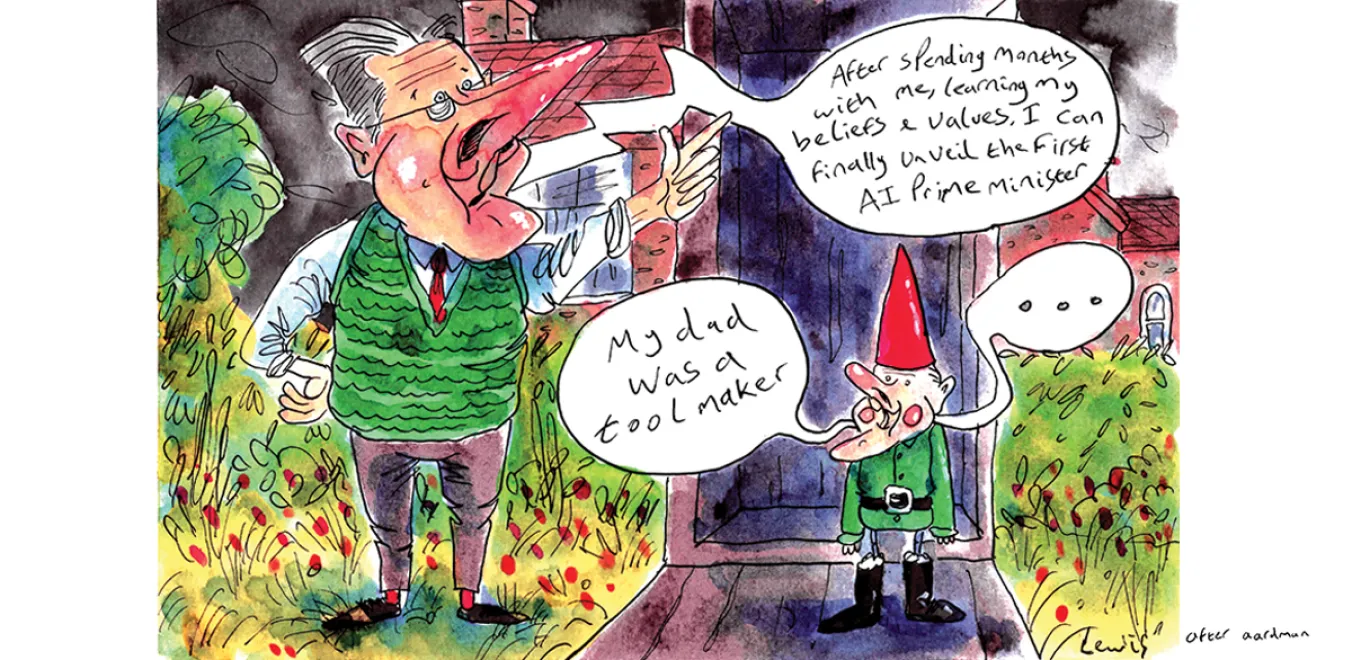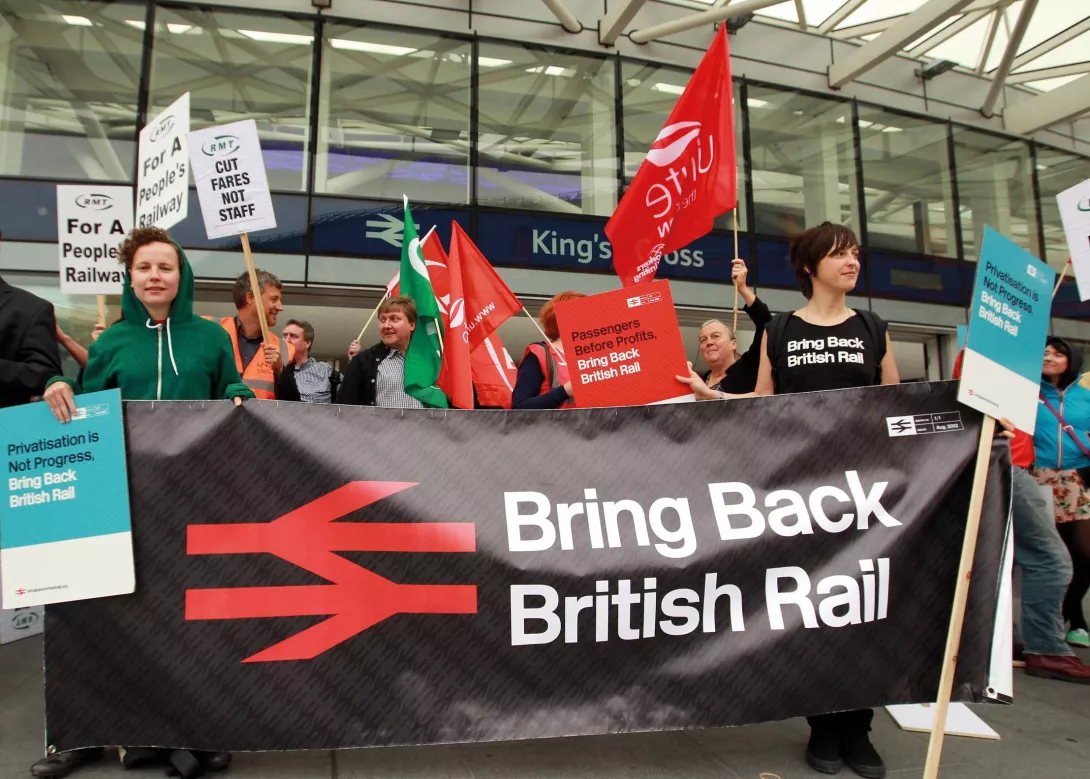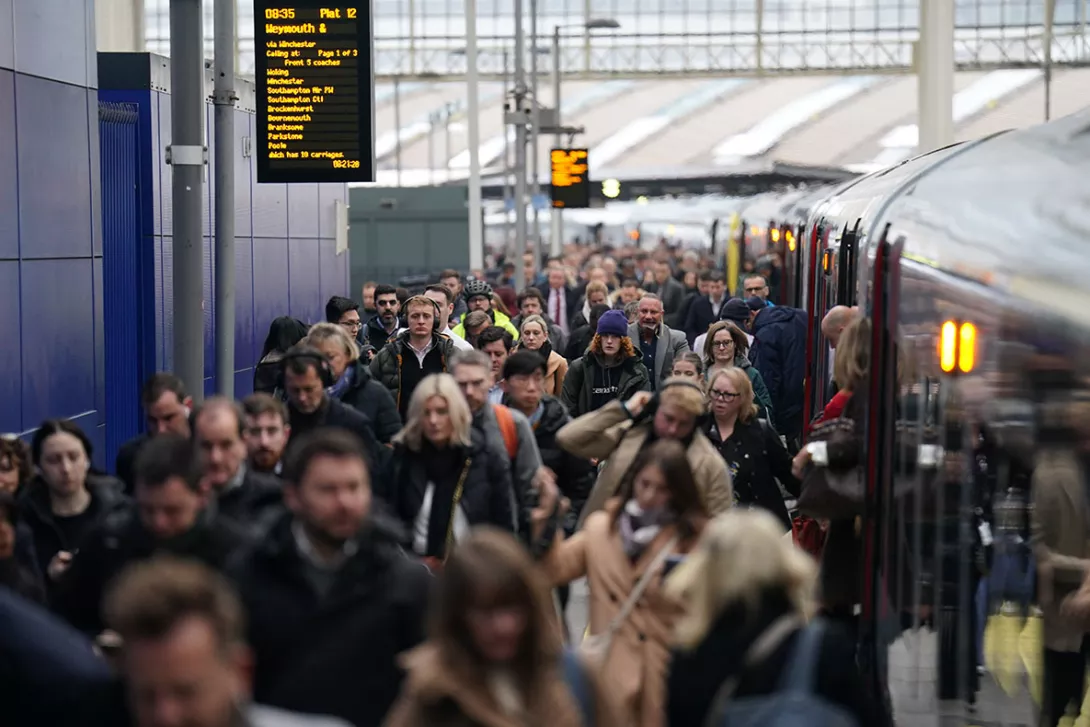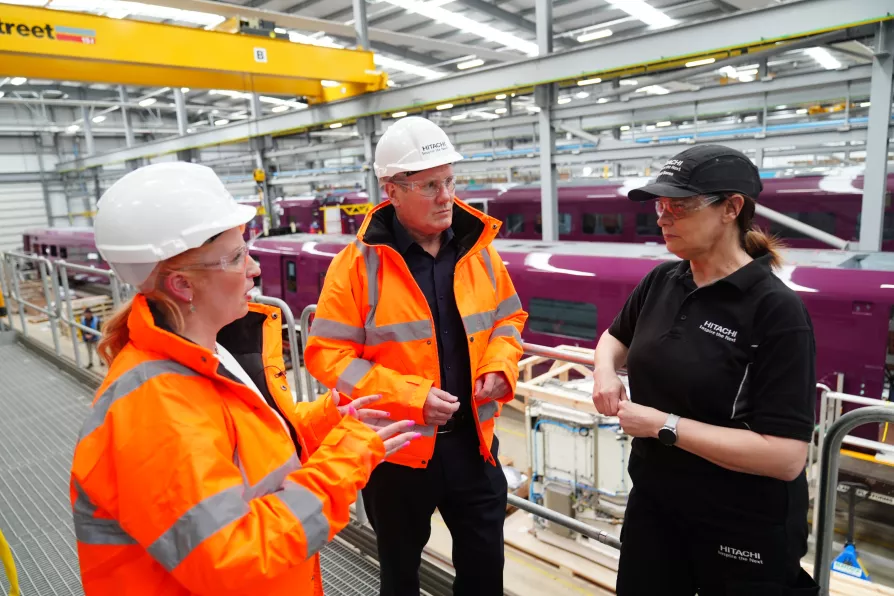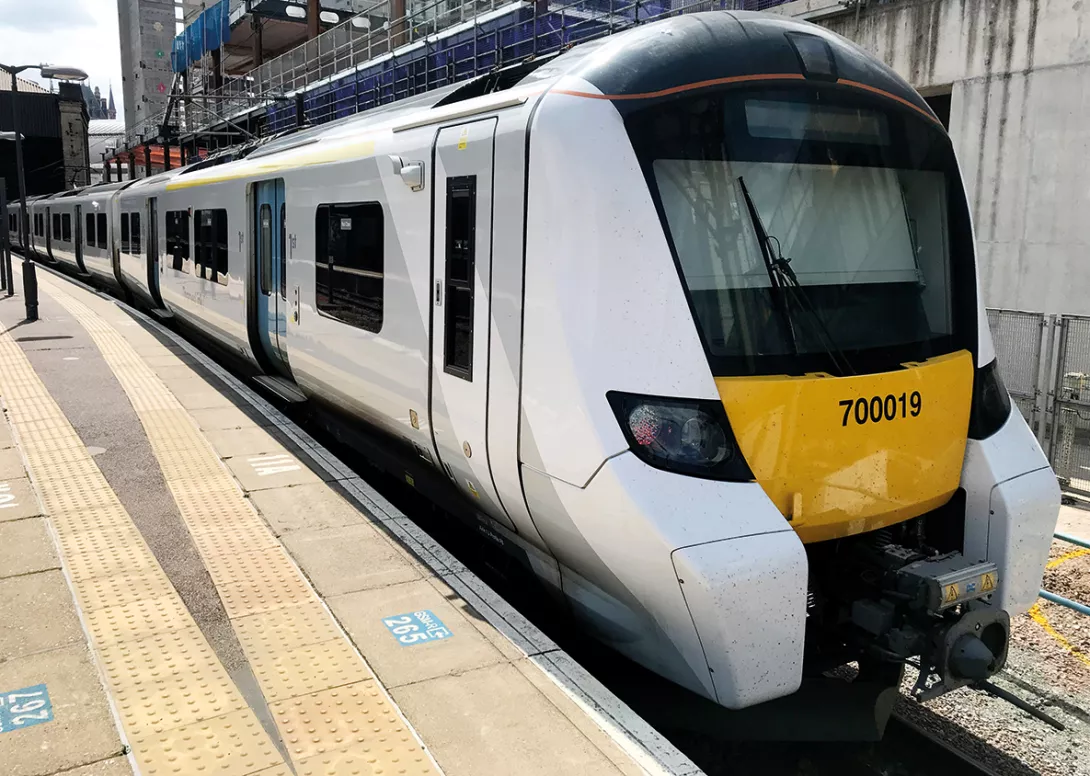
LABOUR’S case for renationalising the railways is strong. But even after this renationalisation, all the actual trains themselves will still be privately owned. Recently published accounts for Angel Trains — one of the three companies that own our trains — show why this is a problem.
Labour’s renationalisation case is this: since Covid, passenger numbers collapsed and are only now beginning to recover. Without passengers, the train firms would have gone bust, so the Department for Transport gave the train operating companies — the firms that you buy a ticket from and run the trains, like Northern, Southern, Thameslink, or Crosscountry — new contracts.
Private train operators still run the railways, but the government collects all train fares, paying rail operators with a mix of those fares and taxpayer subsidies to make up the shortfall. That subsidy is huge, around £30 billion since 2019.

